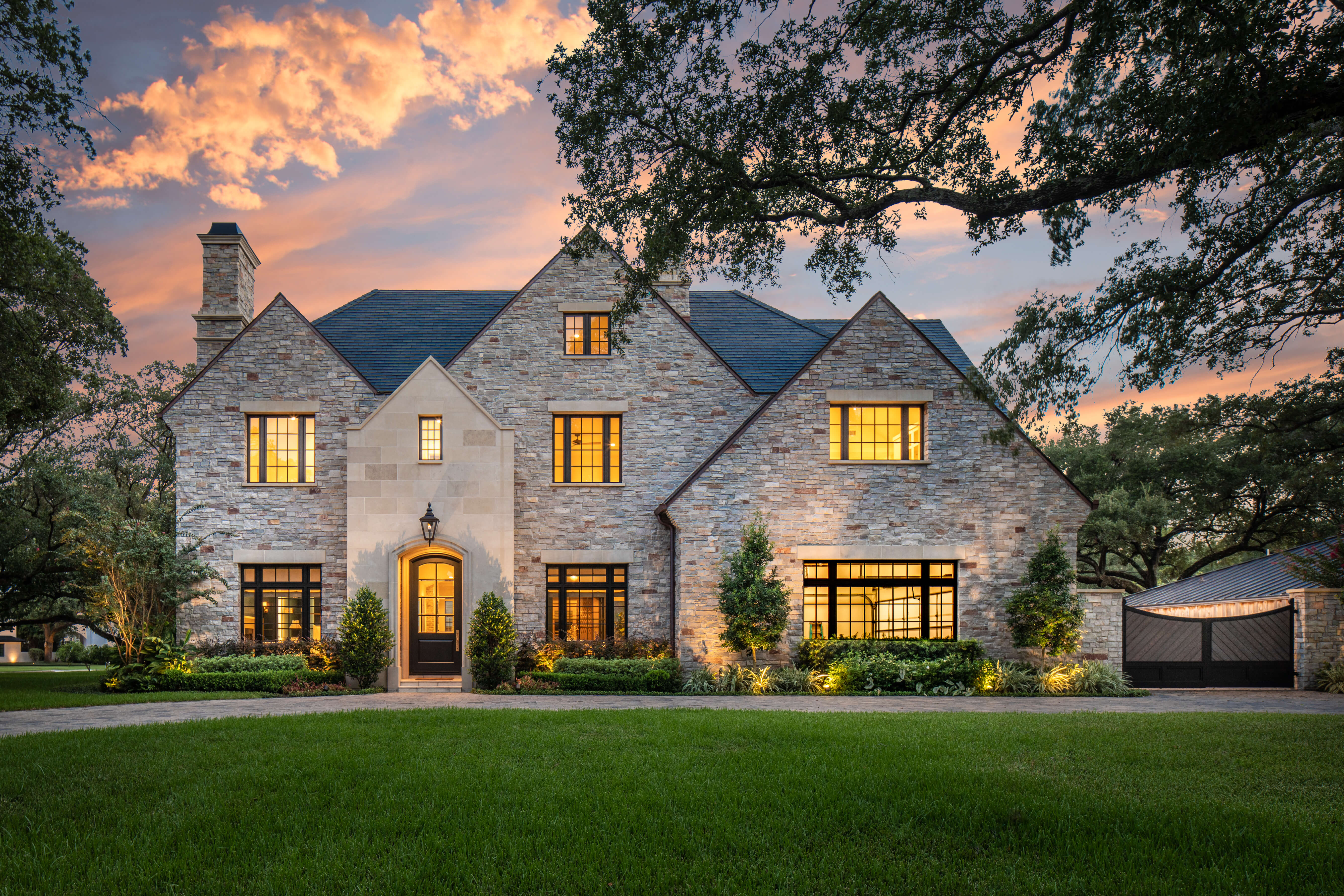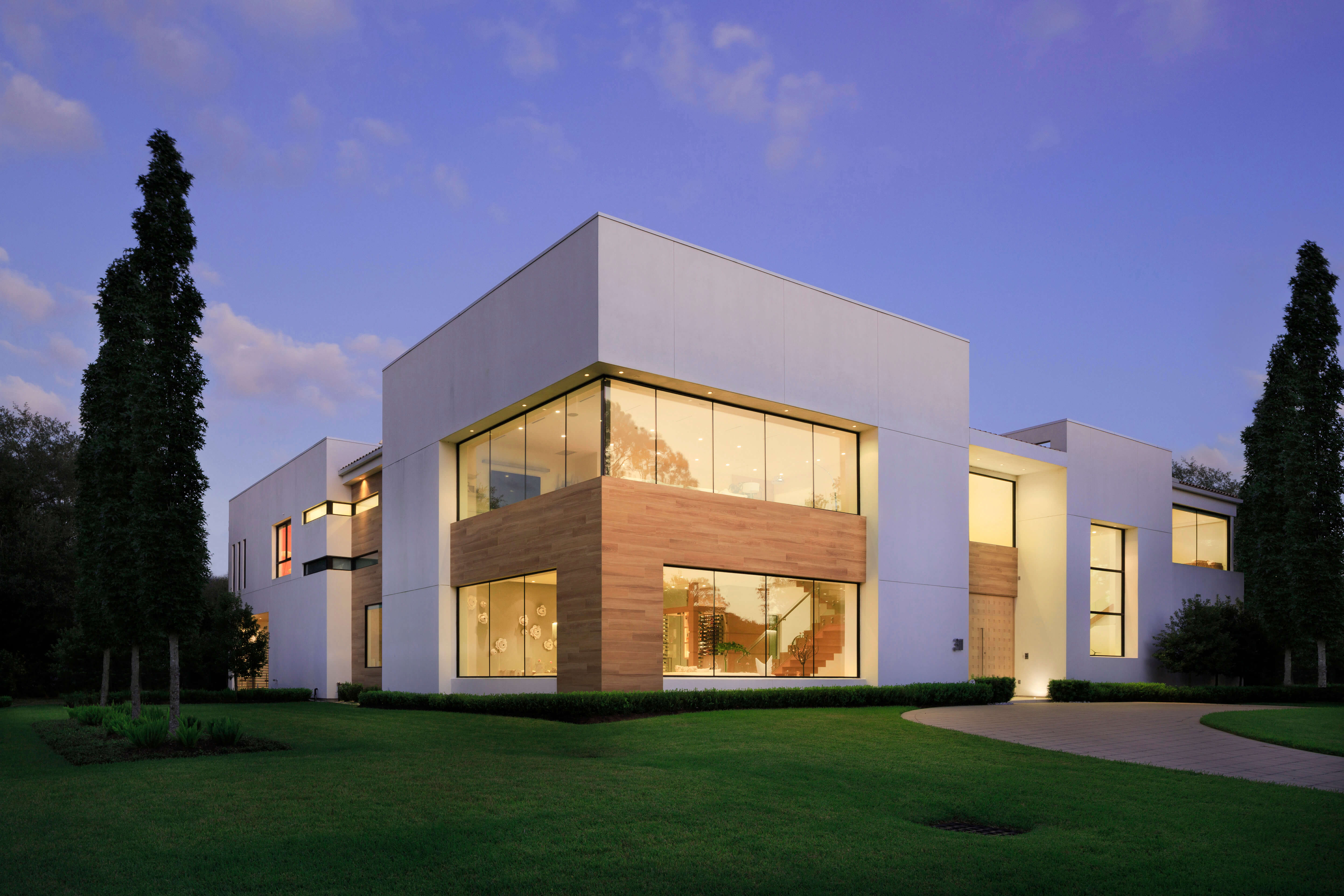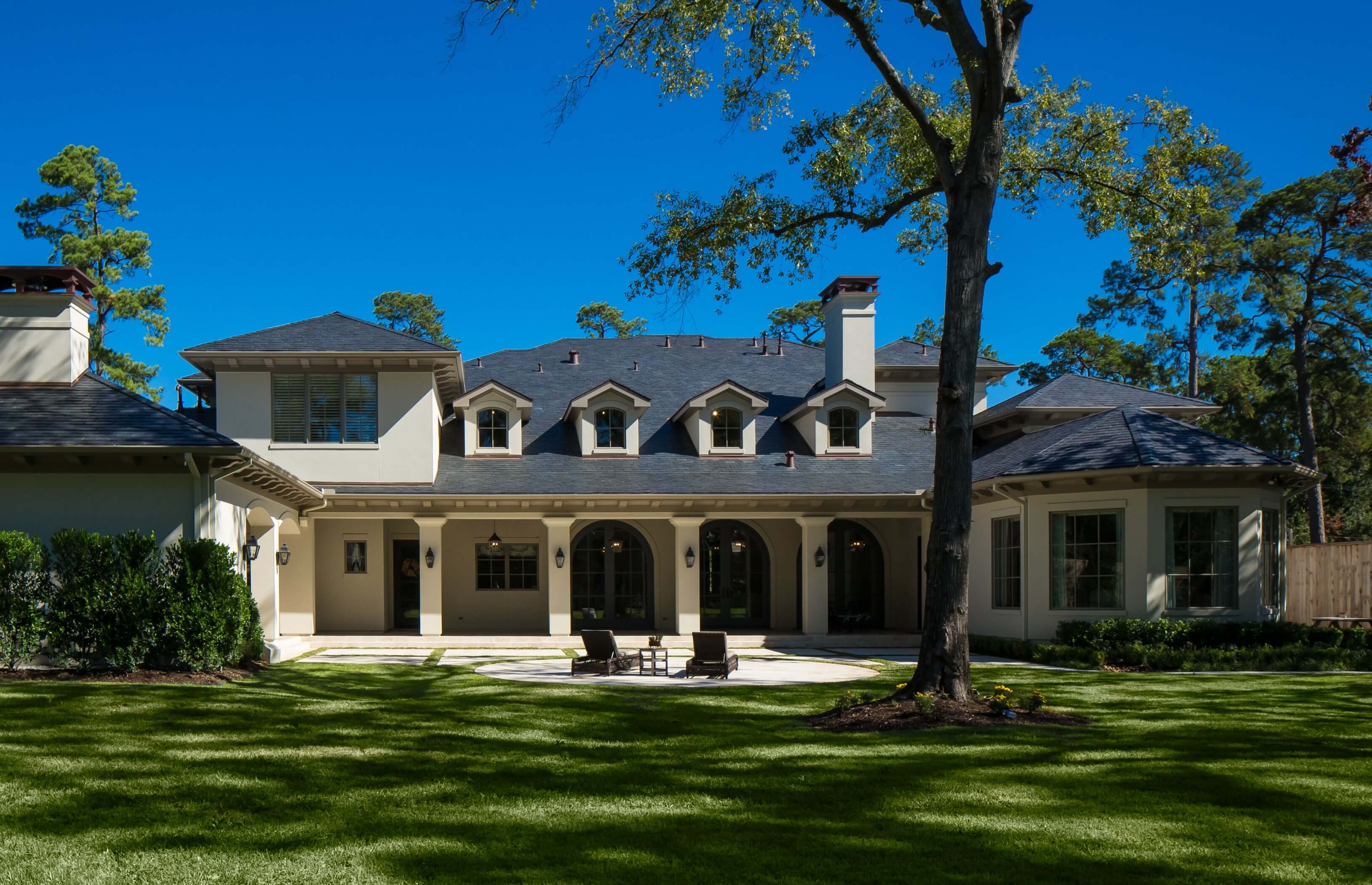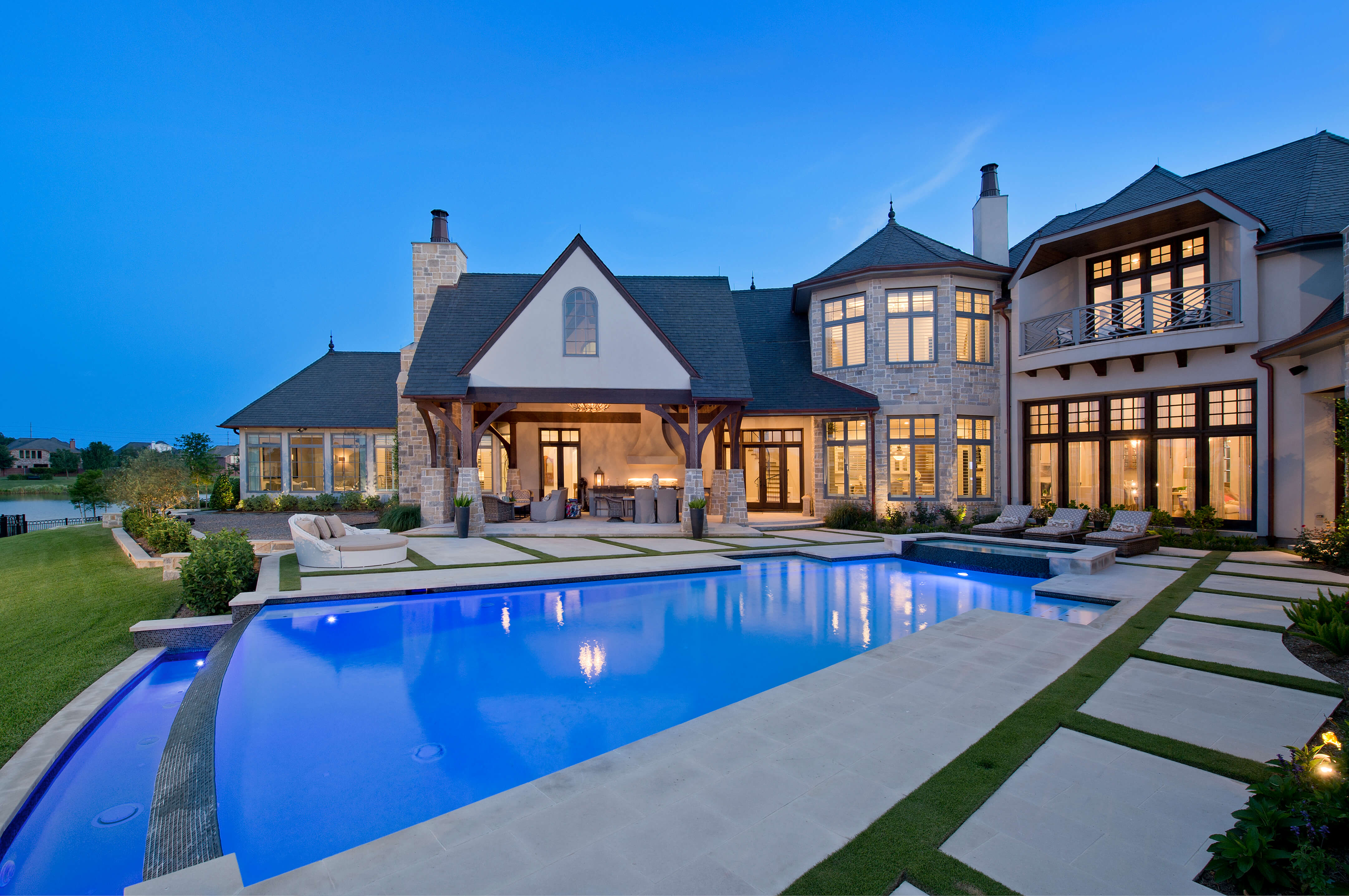
How thorough your custom builder is when creating your home’s construction budget directly correlates to how detail-oriented and accurate they will be when managing your project. You must be able to trust that your custom builder will be the best possible steward of your resources, so if one is unable to demonstrate that they have put in the time, expertise, and careful diligence to build a budget that will end up as close to reality as possible, then be sure to move on to a different custom builder candidate.

Custom Home Budget Basics
The first thing to know about custom home budgets is that you are NEVER comparing apples to apples. There are so many variables that go into creating comprehensive and accurate budgets for one-of-a-kind homes. You’ll want to take time to evaluate whether your builder has put in the due diligence required to succeed at this.
Also remember that the more selections you make before bidding, the more comprehensive the budget can be. More selections will lead to fewer assumptions made by the builder and fewer allowance items placed in the budget.
There are a few ways builders approach creating a budget for a custom home:
1. Use multiple bids and historical data
This is the most accurate way to estimate how much a specific architectural plan will cost to build. Once plans and specifications are finalized, your builder should be willing to devote the time and expertise needed to give you a truly accurate picture of what it will cost to build your home. This is achieved by soliciting and thoroughly vetting hard bids from their network of subcontractors, checking those numbers against historical project costs, and creating a detailed itemized budget. An extraordinary amount of time, resources, and experience goes into creating a comprehensive custom home budget, which is why some builders look for ways to cut corners, as in the following two approaches.
2. Use historical data only
While it is acceptable to use historical data to build a preliminary estimate that will guide the architectural design phase, it will not suffice in building a comprehensive final budget for a custom home like yours.
3. Outsource budget creation to a third-party estimating firm
If one of your builder candidates uses this approach, RUN. This indicates they lack one or several of the following: a commitment to dig in and analyze your architectural plans, the historical data needed to verify bid numbers or create a truly comprehensive budget, a wide subcontractor base to reach out to for quality bids, the manpower needed to create a meaningful and accurate budget, and a commitment to be the best possible steward of your resources.

Budget Presentation Meetings
In order to evaluate how thorough and accurate your custom builder candidates’ budgets are, we strongly advise scheduling a face-to-face budget presentation meeting with each builder. It is important to review the budget with them, understand and clarify assumptions that were made in order to price out specific budget line items, and discuss the many options that are available to you in order to shape the budget further. From a broader perspective, this meeting also gives you the opportunity to assess their communication style, attention-to-detail, and expertise.
During this meeting, you will want to keep in mind the following questions:
How well has the builder studied and learned your architectural plans?
The more they’ve scrutinized your plans, the higher confidence you can have that they’ve caught all of the tricky elements of your home design and included them in the budget.
Did they share with you the assumptions they used to create your budget?
Because custom homes involve hundreds of details, big and small, it is inevitable that not everything will be spelled out on your architectural design or specifications. As a result, the builder will make dozens of assumptions in order to arrive at various budget numbers. It’s important that they take this opportunity to share those with you and gain clarity on which of those assumptions should be refined to make the budget more accurate.
Did they get multiple bids from high-value subcontractors for major line items?
Specifically, the builder should prioritize getting multiple bids for foundation, roofing, plumbing, electrical, HVAC, windows, as well as exterior and interior doors. Their willingness to go through the time-intensive exercise of soliciting and thoroughly vetting multiple bids shows you many things: how vast their network of quality subcontractors is, how much they value your resources, how detail-oriented and thorough they are in their operations, and how committed they are to providing you exceptional service and value, both now and throughout construction.
Do they scrutinize every bid to make sure it is comprehensive?
Holes in subcontractor bids at this point could result in costly change orders, budget busts, and schedule delays down the line.

Did they plug in low-quality subcontractors simply to win your project?
A budget made up of bids from low-quality subcontractors might be easy on the eyes, but it won’t end up being easy on the wallet. Using low-quality subs can lead to substandard workmanship, more mistakes during construction, cascading schedule delays, and more warranty issues after move-in.
Did they provide you with options when you met to review their budget?
The hundreds of details mentioned above each have multiple ways to go about implementing them. A good custom builder will take this opportunity to dive deeper into understanding your priorities and which options you would like to incorporate.
Did they explain and justify all amounts for allowance items?
Because allowance items are simply plug-in numbers, you will want to understand how the builder arrived at each one. Hopefully, their allowance amounts are based on realistic estimates of what a particular line item might cost, but this may not always be the case if a builder is more concerned with winning your business than providing you a realistic budget. There may be some adjustments made during your budget presentation meeting as the builder gains a deeper understanding of your desired level of finishes.
Did they use historical data for similar homes they’ve built to verify numbers in their budget?
Not only is this good for your budget, it’s also indicative of how much experience they have building homes like yours. You never want your home to be a builder’s guinea pig.
By meeting with your custom builder and asking some key questions to assess the process they used to create your custom home’s budget, you can learn not only how much it will cost to build your home, but how confident you feel in your builder. This knowledge will be invaluable as you take the next steps in your custom homebuilding journey.




COMMENT ON THIS ARTICLE